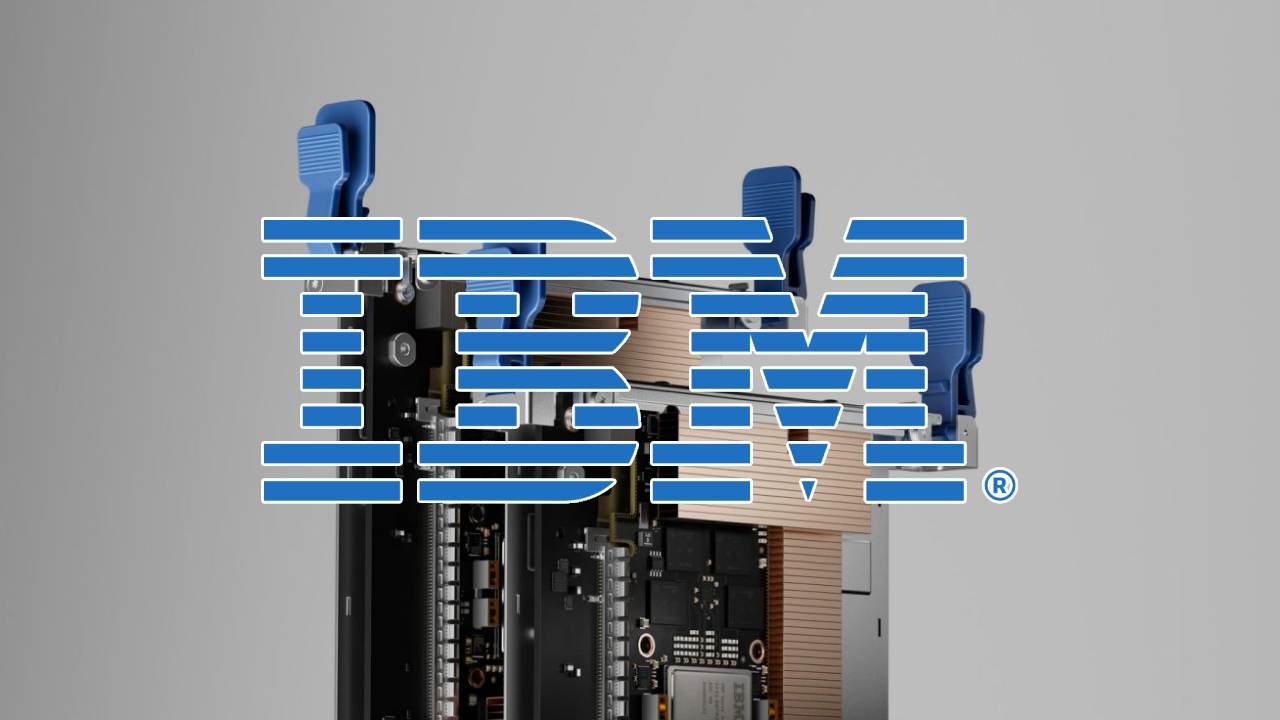IBM’s Spyre Accelerator Brings Generative AI to z17 for Enhanced Business Efficiency

IBM has just unveiled its Spyre Accelerator, a new tool that promises to transform how small and medium-sized enterprises harness the power of artificial intelligence (AI). Set to be generally available on IBM z17 by October 28, 2025, this groundbreaking technology aims to streamline AI integration within established and secure environments, accommodating various business needs.
The Spyre Accelerator empowers businesses with the ability to leverage large language models (LLMs) through internal operations. This opens the door to using natural language interfaces like the watsonx Assistant for Z. Small business owners can look to incorporate generative AI into many aspects of their operations—from enhancing customer interactions to refining data management practices.
One of the key benefits of the Spyre Accelerator is its capacity to merge generative and predictive AI techniques, providing a comprehensive solution for various business applications. For instance, enterprises can develop more accurate AI strategies for generating content or interpreting customer data. This can lead to productive outreach initiatives, as well as informed risk assessments and cross-offer opportunities—all in real time.
A case study from a major European bank underscores the importance of maintaining production workloads in trusted environments. The bank’s infrastructure lead stated, “On-prem with Spyre Accelerator for IBM Z is important to us because this work will be related to production code. We don’t want production workloads leaving our hands, so it is our favorite option.” This highlights a vital practical application for small business owners: the assurance of keeping sensitive data secure while employing advanced AI technologies.
Utilizing AI-driven tools facilitates rapid decision-making, which can be a game-changer for small businesses, especially during peak transaction days. By automatically predicting next actions and suggesting optimized outputs from new applications via recommended agents and APIs, the Spyre Accelerator aims to accelerate businesses’ time to value.
A 2024 study by the Institute for Business Value and Oxford Economics found that 61% of executives believe generative AI is crucial for application modernization on mainframes. This statistic emphasizes the increasing recognition of AI’s role in not just innovation but also in maintaining the relevance of existing systems and processes.
The Spyre Accelerator is built to deliver on-premises support for large language models, featuring 32 AI-optimized processing cores designed to run generative AI applications securely within the IBM Z framework. This significant upgrade enables businesses to scale their AI initiatives while maintaining data integrity.
Small business owners may consider the infrastructure implications as they contemplate integrating the Spyre Accelerator. While the benefits are compelling, it is vital to assess whether their current systems can efficiently adapt to this new technology. Moreover, understanding the complete cost structure associated with implementing such advanced tools is crucial for long-term planning.
IBM’s commitment to continuous improvement means that critical software products, such as the AI Toolkit for IBM Z and the Machine Learning for IBM z/OS, will be enhanced by Spyre Accelerators, ensuring businesses enjoy comprehensive on-prem deployment capabilities. This kind of ongoing upgrade could translate into a significant competitive edge.
The Spyre Accelerator marks an essential evolution in how small businesses can approach AI. Through its focus on security and efficiency, it allows enterprises to scale their operations without compromising data integrity. The intersection of generative AI and established infrastructure could provide new opportunities for growth and innovation in the small business landscape.
For more information on IBM’s new features and offerings, check out the original press release.
Image via IBM More in: IBM News
Small BusinessTrends





